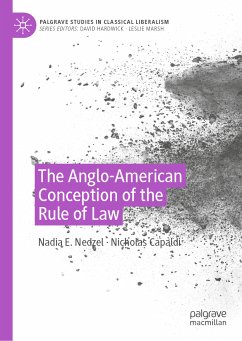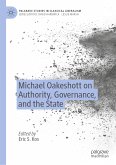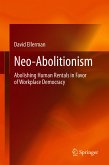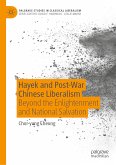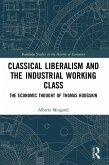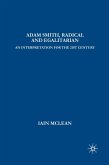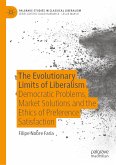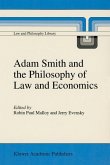Addressing the main philosophical and legal aspects of the rule of law, this volume will appeal to all those engaged in law, political theory, philosophy, economics, business ethics, and public policy.
Dieser Download kann aus rechtlichen Gründen nur mit Rechnungsadresse in A, B, BG, CY, CZ, D, DK, EW, E, FIN, F, GR, HR, H, IRL, I, LT, L, LR, M, NL, PL, P, R, S, SLO, SK ausgeliefert werden.

